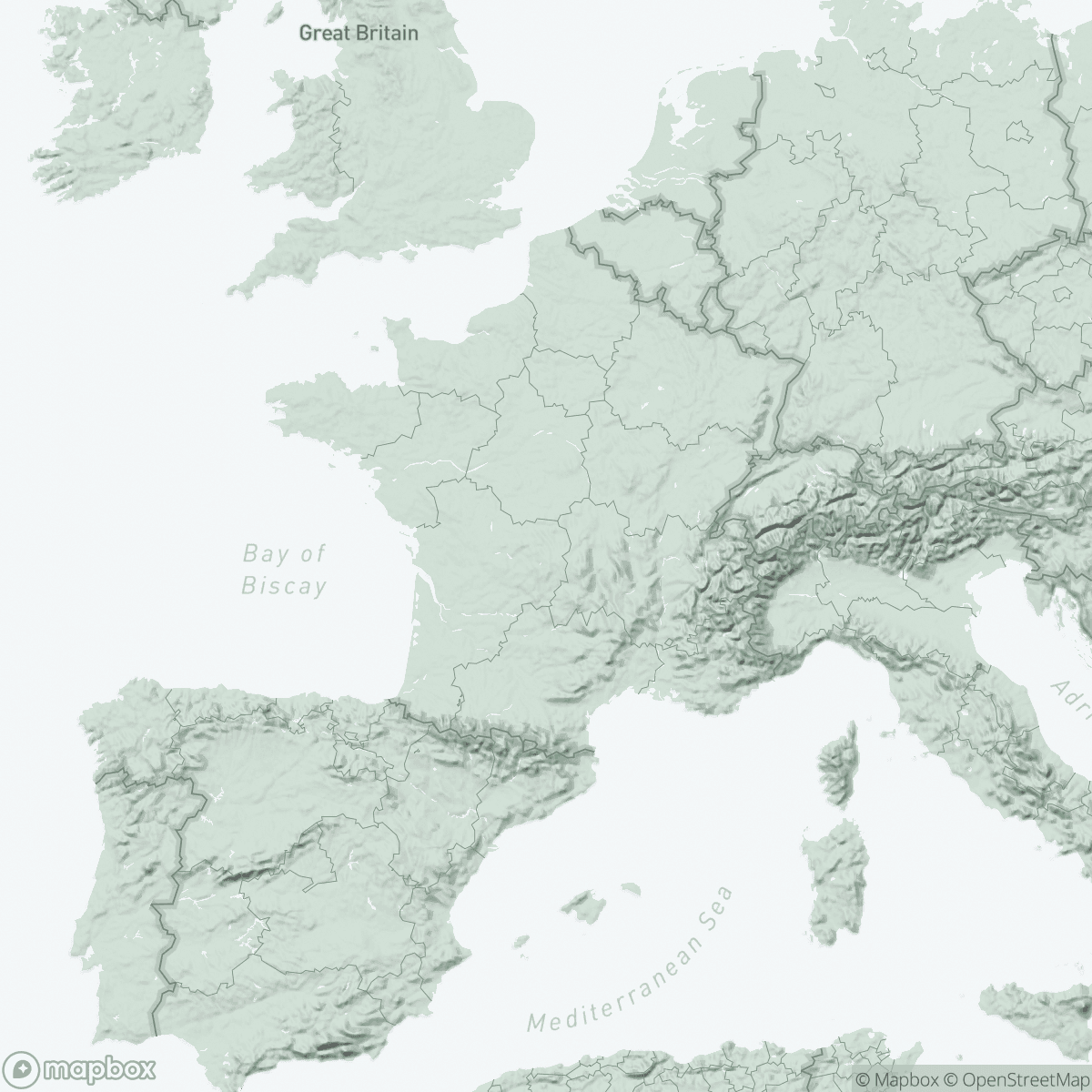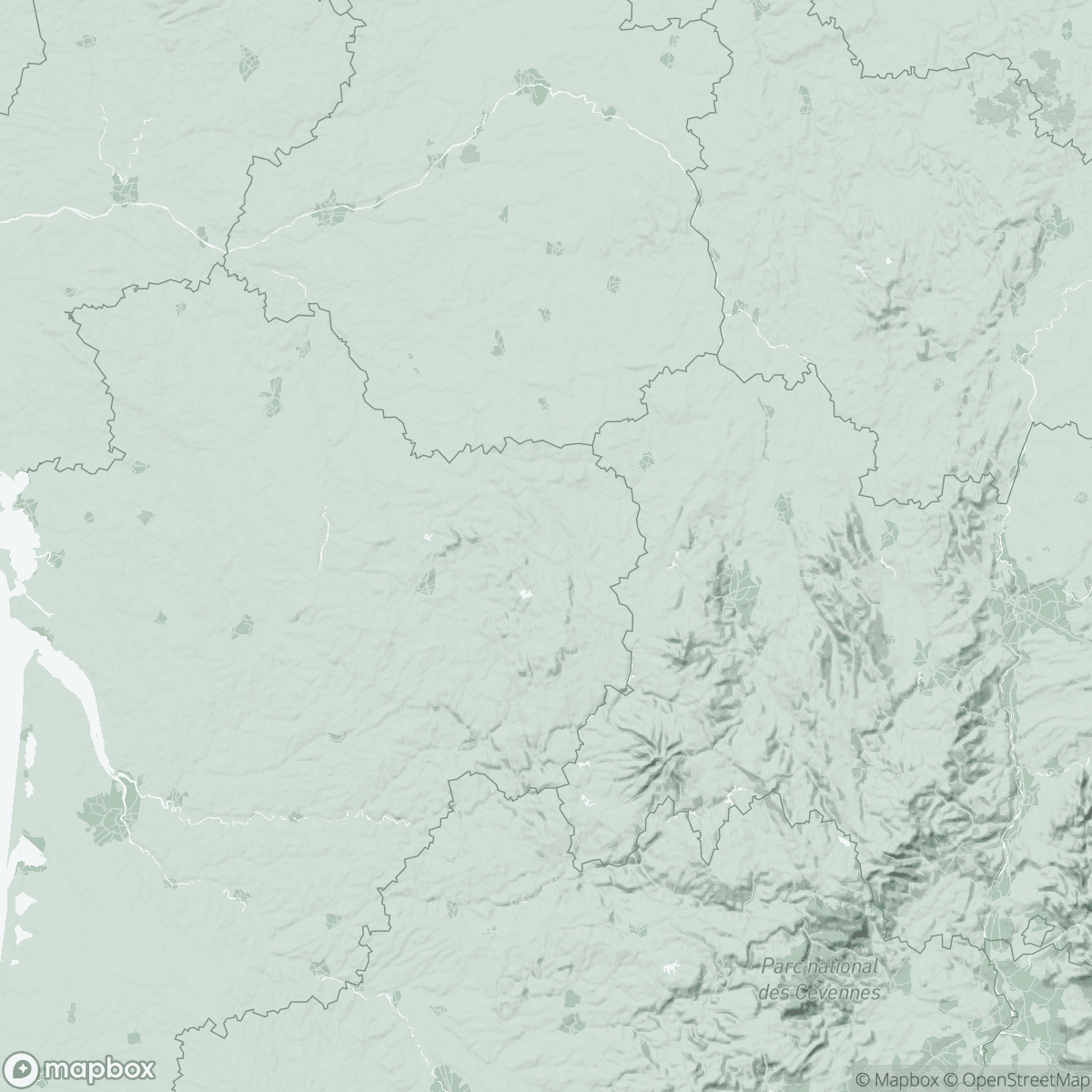
Cyclone in Mayotte: after the emergency, access to care and water remains limited
In 1 click, help us spread this information :
As Médecins Sans Frontières (MSF) ends its emergency aid operations for victims of Cyclone Chido after three months, the situation remains extremely precarious, particularly for slum dwellers who suffer from a chronic lack of access to healthcare and clean water. Mehdi El Melali, MSF's emergency medical coordinator in Mayotte, takes stock of past activities and highlights the government's lack of a sustained response.
What is the outcome of MSF's emergency aid in Mayotte?
Between mid-December 2024 and mid-March 2025, we set up mobile clinics to provide care in the heart of slums, mainly in the northeast and center of the island of Grande Terre. In total, we conducted more than 6,600 consultations. More than 50% of the patients' conditions were related to a lack of access to water, such as ringworm, diarrhea, and skin diseases.
At the same time, we carried out actions to improve access to water and sanitation, notably by installing or repairing water points, setting up treatment systems, and organizing the distribution of drinking water. With the acute phase of the emergency now over, we have transferred some of our project management to local associations, particularly with regard to water and sanitation access activities and some of the mobile clinics at three of the five sites where we were operating. However, sustainable solutions can only be implemented with the active commitment of the State.
What observations did you make on the ground regarding access to healthcare and water?
Following the cyclone, the government carried out some aid and food distributions in the slums, but they were haphazard and insufficient.
However, several people within the local health authorities were aware of the needs of slum residents and wanted to provide assistance. Some were also very supportive of us individually. Unfortunately, their efforts and commitment were not supported by the institutions. Generally speaking, the government provided very little assistance in the slums, and it was mainly non-profit organizations that organized to address this shortfall.
The government's lack of commitment to the emergency highlighted and exacerbated an already dire situation.
Before the cyclone, three-quarters of the population was already living below the poverty line, two-thirds had no access to latrines, and one-third had no access to drinking water. Maternal mortality is six times higher than in mainland France, infant mortality is four times higher, and there are four times fewer healthcare practitioners.

For years, numerous barriers have deterred slum dwellers from seeking treatment. For example, unlike in the rest of France, State Medical Aid (AME) does not apply, creating a financial barrier for people in an irregular situation. Furthermore, access to the island's only hospital is hampered by geographical obstacles: paths through the mountains and forest make walking difficult, and slum dwellers often have to pay for taxis. Added to this is the fear of police checks for foreigners. It is very common for people going to the hospital to be arrested by border police, placed in detention centers, and then deported. Indirectly, the mass and rapid expulsions of foreigners leave households without one or more of their members, and orphaned children, making it impossible, for example, to register for social security. This already critical situation worsened after the cyclone with the increased police presence and controls on the island.
Regarding access to water, the cyclone damaged existing structures, exacerbating an already precarious situation. This is particularly the case in shantytowns, where the French authorities are not organizing the installation of permanent water systems, preventing residents, particularly Comorians, from settling there permanently.
How do inequalities in access to water and healthcare endanger the slum population of Mayotte?
Drinking unsafe water leads to diarrhea, skin infections, and promotes the spread of diseases such as cholera and typhoid fever. This disease, endemic to Mayotte, resurfaces every year. Last year, approximately 45 cases were recorded, but this year, more than 50 cases have already been confirmed in just six weeks (from mid-January to February), and new cases are emerging daily. The deterioration in access to water after the cyclone directly contributed to this resurgence. In response, the Regional Health Agency launched a vaccination campaign, immunizing between 3,000 and 4,000 people in the most affected areas. However, only a lasting improvement in access to drinking water will truly curb the spread of this disease, as well as all waterborne diseases.
The consequences of the lack of access to healthcare are numerous. For example, chronic diseases are largely undetected, untreated, and unmonitored. In our mobile clinics, we have seen many patients suffering from uncontrolled hypertension, with alarming levels rarely seen in mainland France. Without treatment, this exposes them to the risk of stroke. The same is true for diabetes: if left undiagnosed, it can lead to serious complications, ranging from loss of limbs to heart attacks. The third chronic disease we have identified as a problem in Mayotte is asthma. People don't know they have asthma, so when an attack occurs, it can kill them. All these potentially fatal complications would not be so if the conditions were detected early, treated early, or if people were included in prevention plans.
Cyclone Chido only highlighted the suffering that has persisted in Mayotte for years. The state's limited presence in providing aid to slums after the disaster reflects a general policy that restricts access to basic services for foreigners. While emergency care, such as that provided by the SAMU (Paramedic Emergency Medical Services), remains accessible, the lack of sustainable care exposes them to serious long-term health consequences.


